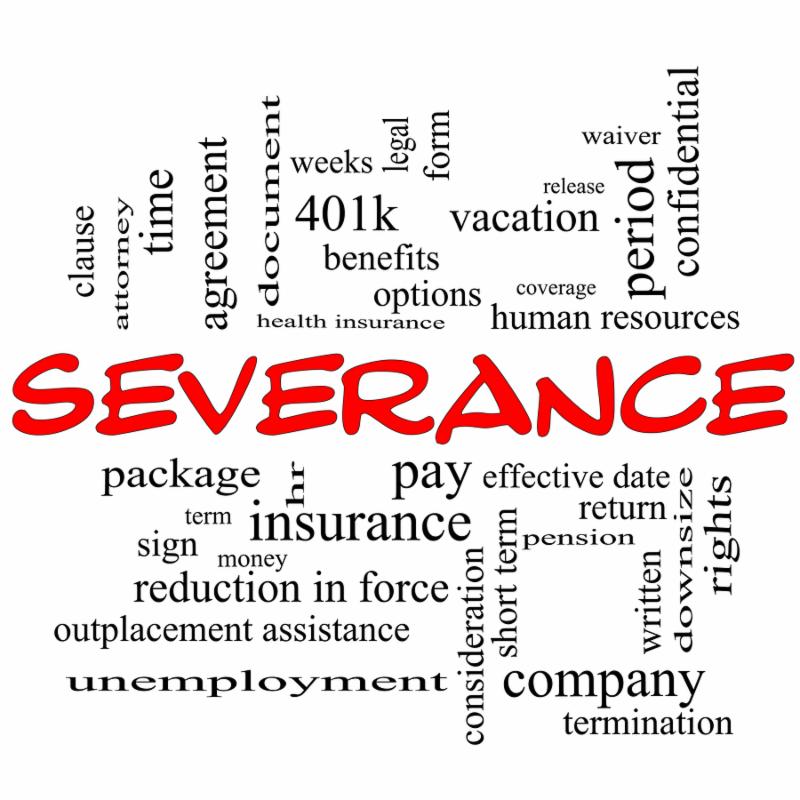
It is very common in New York employment for an employer to require an employee to sign a Non-Compete Agreement. However, not all non-compete agreements are enforceable. Enforceability of the agreement is dependent on the specific language in the agreement and the limitations on the person’s future employment. A non-compete agreement may also be negotiated, modified and limited. If you have received a non-compete agreement, you should have an attorney review it prior to your signing it so that you understand the requirements and the obligations on you upon your signing and in the future. Below are some questions Donath Law, LLC is often sked regarding non-compete agreements. To understand your non-compete agreement, contact Sheree Donath at Sheree@DonathLaw.com to schedule a consultation.
What is a Non-Compete Agreement?
– Non-compete agreement is generally when an employee agrees not to work in the same or similar role in competition with its employer both during the employee’s employment and for a period of time afterwards.
How is “Competition” defined?
– Some employers provide a detailed definition of this term.
– Some employers specify a certain number of companies/organizations that they deem to be competitors.
– Some employers intentionally leave this term vague so that broadly covers an infinite number of jobs in the industry and at times, covers jobs outside the industry.
What is the difference between a Non-Compete and Non-Solicitation Agreement?
– Non-compete prevents you from working in competition with your employer.
– Non-Solicit agreement prevents you from taking (poaching) employees and/or clients/ customers/ prospective clients or customers from your employer.
– In some industries a non-solicitation agreement, (i.e. sale) is basically a non-compete agreement.
What are some documents that a Non-Compete Agreement may be found in?
– Employment Agreement
– Confidentiality Agreement
– Relocation Agreement
– Retention Agreement
– Workplace Inventions Agreement
– Severance Agreement
– Deferred Compensation Agreement
– Bonus Agreement
Are Non-Compete Agreements enforceable in New York?
Generally, the answer is Yes. This may be dependent on the geographic scope of the agreement (i.e. global or within 10 miles of the employer); the time of the non-compete (i.e. 3 years vs. 1 year); and the breadth of the restrictions on your future employability (i.e. will you be prevented from doing anything for the company even being a janitor or prevented only from performing the same or similar job functions)
How are Non-Compete Agreements generally enforced?
– Court
– Self-enforcement – i.e. job application; offer letter; employment agreement
– Notification by former company to new company
Does my employer have to pay me to sign a Non-Compete before I am employed?
– No. Your employment with the company is generally sufficient consideration for your signing a non-compete agreement.
Does my employer have to pay me to sign a Non-Compete if given to me once I start working?
– No. Your continued employment is generally sufficient consideration for your signing a non-compete agreement.
What happens if I refuse to sign a Non-Compete agreement?
– The employer may refuse to hire you or if you are already employed, you may be terminated.
Can I negotiate the terms of my Non-Compete?
– A non-compete agreement is a contract. Like any contract, it should be reviewed by an attorney and negotiated, if needed. The terms of the non-compete should be limited to specific competitors, the duration should be shortened (or you may be able to get the company to pay for the time you are unable to work in the industry), and the geographic scope should be limited.
What is some problematic language in Non-Compete agreements that I should be aware of when reviewing a proposed agreement?
– Words like “prospective”
– Undefined terms in the agreement
– Statements that are not clear or seem to be purposely confusing
– Different time periods restricting your ability to compete or solicit
– Inability to work at companies that do any kind of work that your employment may touch upon or may even be a separate and distinct part of the organization that you are not involved in
– Inability to work doing a certain type of work at any company (i.e. advertising, marketing, sales, intellectual property, etc.)












